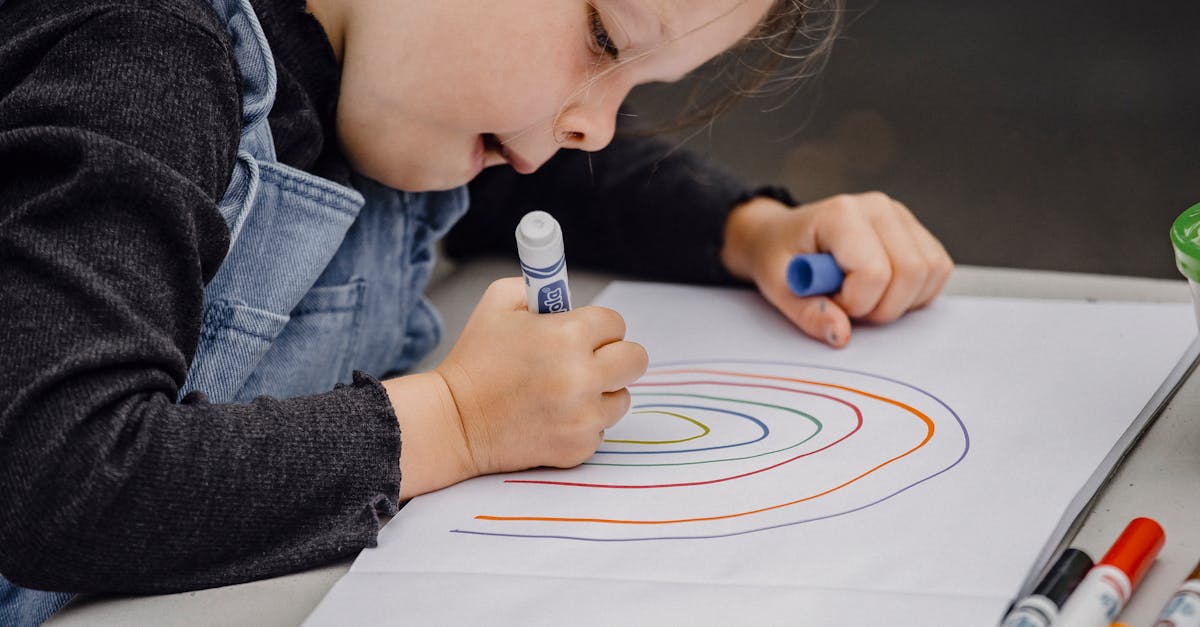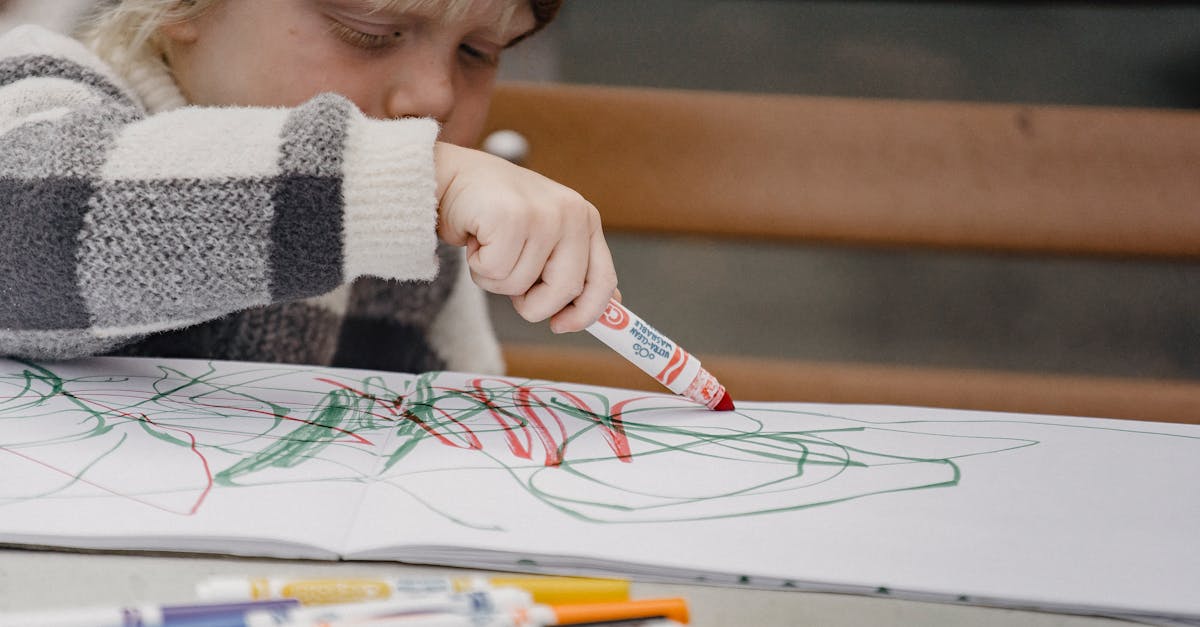Explaining Sin with Childish Simplicity
When introducing sin to preschoolers, keep it simple. Kids understand the idea of right and wrong, like stealing cookies or lying about it. Use relatable scenarios like:
- If Joey borrows your crayons and doesn’t return them, how does that make you feel?
Helping them empathize builds their grasp of sin as actions that hurt others. Toss in a giggle with:
- What’s worse, spilling juice or hiding the spill and blaming the cat?
It’s surprisingly effective! Making sin relatable and funny makes these complex concepts easier to digest. Trek through examples that resonate in their tiny everyday lives, laying a foundation of awareness.
Keywords: preschool understanding, explaining sin, kid-friendly sin.

The Playful Path to Forgiveness
Kids grasp forgiveness through gentle nudges in the right direction. Encourage them to say ‘sorry’ openly, practicing forgiveness with friends in play settings. An educational secret is to sprinkle in the mantra, ‘It’s okay to make mistakes, it’s about making it right.’ Carry these lessons from the nursery to the classroom.
Playful Activities to Teach Forgiveness
Consider playful activities like forgiveness tag – tag the feelings of anger and set them free with forgiveness. Fostering a forgiving mindset helps leave rough patches behind on the playground.
Emotional Support
Being realistic supports emotional regulation and guilt management. Here are some key ideas:
- Emphasize openness in communication.
- Incorporate play-based learning techniques.
- Normalize making mistakes as a part of growth.
Keywords:
- forgiveness preschool
- playful teaching
- emotional guidance

Parables: Stories That Stick
Parables and stories captivate tiny minds. Share parables like The Lost Sheep or The Forgiving Father to teach forgiveness subtly. Their inherent simplicity speaks their language.
Infuse some animation as you narrate; preschoolers are enthralled by characters they can picture. Illustrations or hand puppets enhance moral lessons, making abstract ideas like sin easy to follow.
Engaging Methods for Teaching
Through role-playing, kids reenact scenarios, facilitating comprehension through immersion. Introduce characters like ‘Silly Simon,’ who forgets tasks, sparking laughs while reinforcing learning.
Keywords:
- parables preschool
- teaching stories
- kid-friendly Bible stories

Feelings and Forgiveness
Preschoolers encounter feelings like anger and sadness daily. Addressing these emotional challenges gently is crucial. One effective method is incorporating storylines where characters, such as a stuffed teddy, face similar issues. For example, you might ask, “What did Teddy feel when no one shared?” This question nurtures emotional empathy, which can guide discussions around forgiveness.
It’s important to highlight that feelings are normal. This understanding drives home the point that forgiveness can lead to healing.
Supporting Emotional Release
Support preschoolers with activities that promote emotional release, such as:
- Drawing their feelings
- Talking it out while deflating balloons
These activities create a safe space for children to explore their emotions, paving the way for a better understanding of forgiveness.
Keywords: emotional challenges, preschool empathy, feelings and forgiveness.

Crafts and Creativity
Channel artistic energy into crafts to teach sin and forgiveness. Get hands sticky with glue and colorful paper. Create projects like ‘Forgiveness Flowers’ where petals represent acts of kindness to counter unkind behavior. As they stick petals, they discuss how to make amends.
Beam joy when kids present peace offerings crafted by their own tiny hands. Creativity channels their understanding, harnessing abstract concepts with tangible creations. From finger-painting deeds on paper to building forgiveness fortresses from blocks, crafts unveil morals vibrantly.
Keywords:
- crafts forgiveness
- artistic activities
- preschool creativity

Role-Playing Scenarios
Role-playing transforms classrooms. Set scenarios where kids act out situations they might face, like borrowing toys or accidental hurt. Every resolved scene reminds them that understanding and forgiving play vital roles in relationships.
When Jane ‘forgives’ Luke in pretend play, it’s a lesson in social interaction. Use stuffed toys or costumes to bring drama to life. Praise their efforts in forgiveness, fostering positive reinforcement.
The Benefits of Role-Playing
- Models conflict resolution.
- Lays foundational blocks of empathy and understanding.
- Encourages laughter and learning.
- Cements trust and forgiveness.
Incorporating role-playing in preschool settings helps children navigate social scenarios and toy interactions effectively.

By engaging in these activities, children not only enjoy themselves but also gain invaluable life skills that will aid their interpersonal relationships in the future.
“`html
Encouraging Parent-Child Conversations
Encouraging open dialogues between parents and kids relaxes barriers. After lessons, engage them with questions like, ‘What did you think of…?’ Promote gentle discussions on how forgiveness feels.
Parents sharing personal anecdotes opens avenues for connection, cementing ties through shared experiences. It’s heartwarming to hear about Timmy ‘forgiving’ Mom over forgotten pudding – mutual exchanges promote deeper understanding.
Prompt kids to apply lessons at home, ensuring classroom teachings cross over into home life. Being interactive keeps parents active and kids’ interpretations insightful.
Keywords
- parent-child talks
- interactive engagement
- parenting forgiveness
 “`
“`
